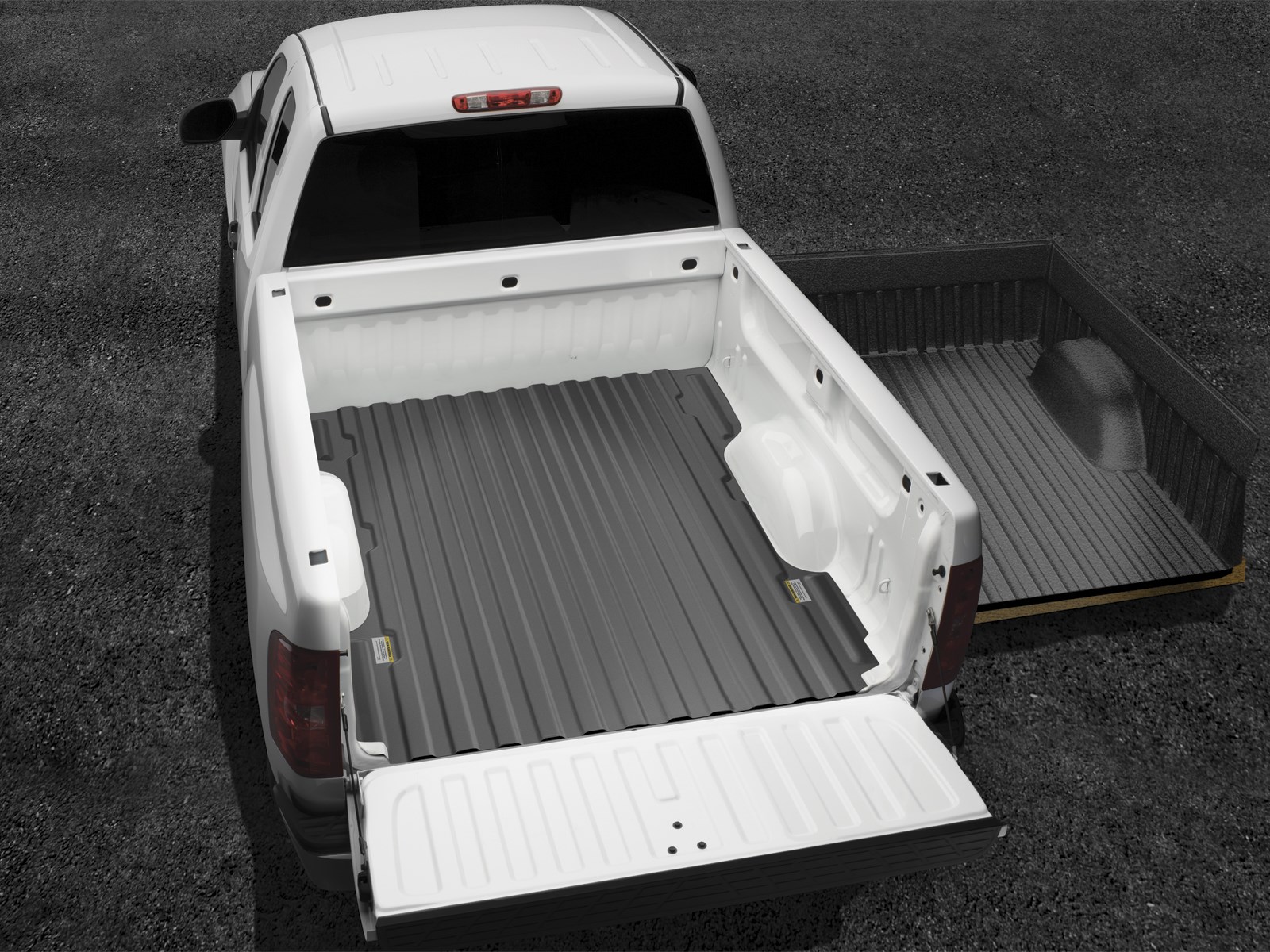In today’s world, scientists, analysts, and researcher are continuously looking to find effective fuel optimum solution to reduce greenhouse gas emission. Though, there are considerable research going on to mitigate CO2 from existing fuel. Currently, Ethanol has great potential to minimize CO2 from air as it’s blend with agricultural products and most of the existing bedliner support ethanol. On the contrary, LPG is directly derived from natural gas and increases sustainable balance within the environment. However, on recent invention i.e. hybrid technology, known as electric vehicles have more wider benefit to the environment as well as ensuring ‘0’ carbon emission on air.
This hybrid technology also increases battery storage capacity as a result this become viable solution for modern transportation. Battery better known as lithium composite phosphate (LCP) is rechargeable which uses LiFePO4 as cathode material and mostly used in portable items like cell phone, camera and laptops. Thus, most of the auto maker companies now a days becoming more environmental conscious and according to demand they now more focus on introducing new model of electric vehicle.
In Australia, most of the vehicles run by ethanol but yet nobody knows how ethanol can affect their vehicles. A recent figure shows, 30 percent of Australian vehicles will be affected by 10 percent of ethanol. Though, the main agriculture products used to produce ethanol in Australia are wheat, wheat starch, sugarcane and sorghum. However, the main advantage of using ethanol is, organic and reduces air pollution but major disadvantage is it burns quickly. Currently, there are four types of ethanol available worldwide, such as E10, E85, E22 and E100 where in Australia E10 and E85 are available and others are still on consideration.
After 1st of July 2003, 10 percent ethanol was allowed to mix with normal petrol and blending higher than 10 percent require engine modification as it was identified that using E20 with 20 percent mix often makes trouble on unmodified engines.
E85 is suitable for flex fuel vehicles and currently only Caltex is selling on 40 retail stores (Monitoring of the Australian petroleum industry, 2011). Though E85 is very environmentally suitable but not suitable for all engines especially, trucks, busses as it damages the fuel system.
According to NSW government, 2 percent mandate policy for ethanol, wholesalers require to make up to the minimum 2 percent of total volume of NSW sales (Graham, Reedman, Poldy, 2008).
The main advantage of this new policy will be benefitted on new vehicles. However, considering the sustainability issue on environment, ethanol could be future fuel for all vehicles. On the other hand, though ethanol is an environmentally friendly fuel but yet in Australia, availability of ethanol are insufficient in different places. The reason behind is, as ethanol mainly based on agriculture products, farmers are reluctant to produce crops in higher price for fuel besides inadequate government subsidy also a major factor on ethanol price.


